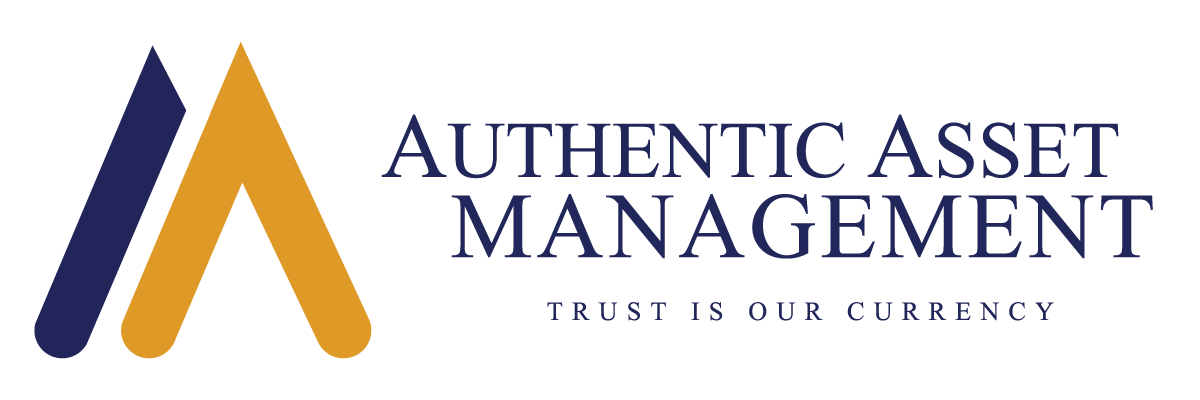Financial markets are tight. Company valuations seem rather full. Several short-term market trends, investing opportunities and pitfalls, revolve around who gets or loses their “free (or discounted) rides”.
First let’s pre-load what we mean. In a nutshell, shareholders enjoy free rides when costs that could reasonably accrue to a company, are borne by others. Changes in that relationship, between who bears what costs when, alter the outlook, valuation, and hence financial pricing.
Most free rides spring from the crevices between the private and public sector. Here is a smattering of what is currently on the go.
Firstly, there are the government granted “free rides” of the general garden variety:
- The corporate tax cut “free-ride” – Trump’s massive corporate tax cuts constitute a profit windfall to corporate shareholders. By cutting the tax collection accruing to the US Treasury, government deficits are lifted onto a higher path, to be shouldered by a broader base of future taxpayers.
- The environmental “free ride” – Government represents the collective public, and there is a role for them to play in protecting and promoting public goods. Industrial lobbyists alter the proportional representation of special interests. They are gaining ground in softening the political stance towards climate change policies. Better access and cheaper usage of communal resources such as fresh air, water, and other natural resources represent discounted fares that improve the overall outlook for industrial profitability.
Secondly, there are the “free rides” associated with access and accountability:
- Trade “free rides” – When property rights are not recognized and enforced, users of other peoples’ property get a free ride – they don’t pay any rent. US trade negotiations with China are about market access and property payments. The Americans want access to China on terms that do not demand zero-cost technological transfer and want full payment for intellectual property usage. US corporations will directly benefit from negotiated outcomes that reduce the free rides using US corporate property that the Chinese currently take.
- Personal data usage “free ride” – Facebook is becoming the poster child for extracting value out of personal information which users have made freely available to them. Government initiatives to protect privacy and understand personal data usage risk reducing the free ride that companies currently enjoy in this domain. The implementation of substantive regulatory restrictions and tax is likely to be a long drawn out process since they hinder not help corporate success.
Thirdly, there are the “free rides” associated with subsidies and shadowy activities:
- Infrastructure “free rides” – Infrastructure providing nationally important goods and services is a domain in which governments regulate and conflicts of interest often abound. Price, quality, levels of service, and the list of eligible participants is set by government policy. Since private providers are profit maximizers, they usually seek to minimize the provision at maximum price. Banks are notable in receiving actual or tacit subsidies which vary based on the regulatory tide. So are telecoms; the roll-out of 5G will be a case in point.
- Shadow economy “free rides” – Unclear owners of capital have gone global and in size with their investments. Private equity investing is flourishing, and access to international real estate has been with few questions asked, let alone answered. International investing opportunities through offshore investment vehicles are a godsend for autocrats and usurpers.
At AUTHENTIC, we keep an eye on how governments are evolving the divide between the public and private sectors. With economic growth in the year ahead expected to be just around 2% in developed markets, and only average about 4% in emerging markets, corporations will certainly be leaning on government for perks, while politicians entering election periods seek to curry support.
We look forward to an eventful year ahead!

